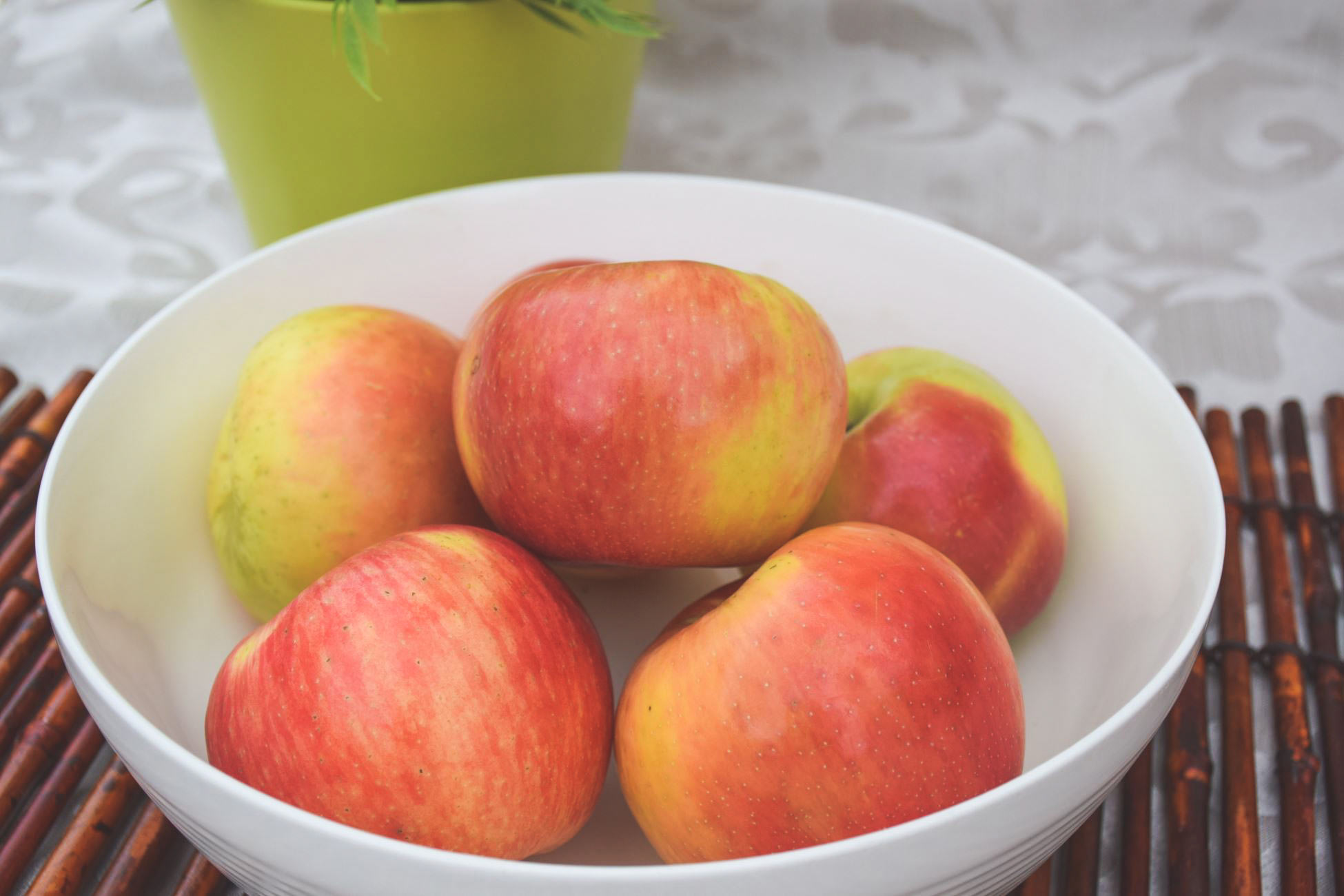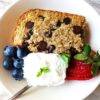GERD
Q: Do you have hoarseness, chronic cough, choking episodes, trouble swallowing, lump in throat, chronic throat clearing, postnasal drip, heartburn, or asthma?
Q: What causes GERD?
Q: Is it more harmful in other ways or just painful?
Q: How can you treat GERD with diet?
The BEST foods
Fats
Oil
Avocado
Grains
Sweeteners
Fruits
Vegetables
Protein
Dairy
All dairy is OK
Spices
Small amounts of pepper is OK, but go easy and add after cooking.
Salt is OK, but keep it in mind if you have a history of high blood pressure.
The WORST Foods
Chocolate
Soda and all carbonated beverages
Alcohol
Deep Fried Foods
Bacon, sausage, ribs, high fat meats
Butter, lard, margarine, shortening
Coffee, tea or other caffeinated beverages
Mint
High fat nuts and nut butters
Hot sauces
Citrus fruit and juice
Tips:
- Cook with lower fats, but not NO fats!
- Remember not all foods are going to be bad forever. You can probably have very small amounts of some of the “worst foods” after you start to heal your esophagus.
- As with any healthy eating plan, work to incorporate lots of vegetables to help your body heal itself.
- You can use orange and lemon zest, just not the juice to flavor foods.
- Make sure to use plenty of herbs instead of salt and spices.
- Remember to eat lot of fiber. It will help feed the good bacteria in your gut, which will help with healing.
- A small dose of Melatonin at night can help with reflux symptoms.
- Remember to eat smaller meals especially at dinner. It can help to make lunch your largest meal of the day.
- Don’t eat within 3 hours of going to bed.
- Remember to pay attention to how your body feels after you eat something! If a food bothers you, make a note of it. It helps to keep a journal!
Some of this information was taken from “Dropping Acid The Reflux Diet Cookbook and Cure” By Jamie Koufman, MD, Jordan Stren, MD, and Marc Bauer, chef. You can find some great recipes to help you get started in his cookbook:
https://www.amazon.com/Dropping-Acid-Reflux-Diet-Cookbook/dp/0982708319



